Leo and Lucky sharpened sticks on stones. They carved paleo-Leo-lithic paintings on soft clay walls. Leo edged circles, rectangles, triangles, curves, lines and dots.
He carved his name inside out for historians and archeologists to get the EOL gist, or, as an unemployed academic financial analyst on Wall Street would, could, should declare, English On Line.
They connected dots forward.
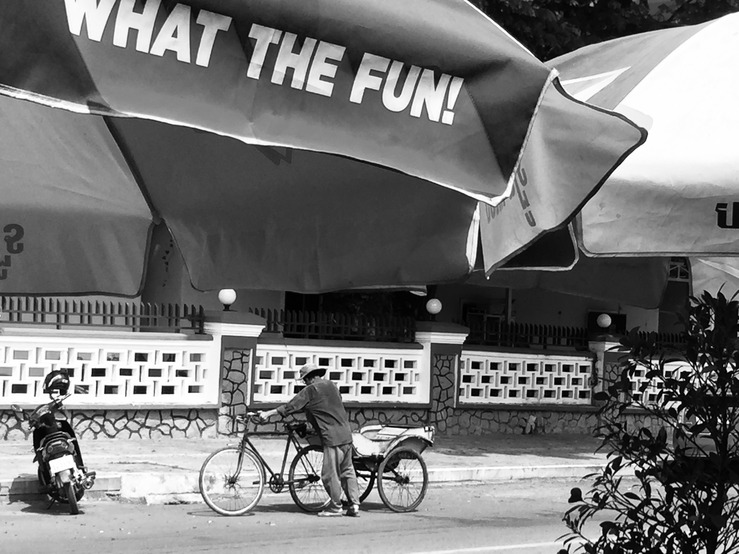
Salvaged garbage mired in mud created a recycled art project on the canyon bottom. They assembled a statue using sticks, soggy faded purple underwear, a filtered worker’s mask with a broken elastic strap, beer bottles, soda cans, green string, cigarette packages, feathers, needled pine cones, coral blue seashells, orange peels, melted candles, used condoms, fractured leaves, bird songs and Lung-Tao prayer flags from Lhasa.
Dirt play was a welcome respite from class tomb drudgery.
They practiced meditative Zen mindfulness.
A voice was missing.
Dozing, it concealed inherent pixel images of sad-eyed curious children trapped behind educational gates near women struggling behind plows and oxen or bent over Butterfly sewing machines threading conversations and manufacturing tongues in village shoe factories years and lives away from wealthy cities and dummies in display windows.
Lucky nurtured an indoor jungle in his university apartment and watered playful artistic English growth with two kids, Bob Dylan Thomas, 10, and Isabella the Queen of Spain, 12, from Human Province.
Interior. Their parents operated a popular student restaurant featuring boiled noodles. Slurping eaters' gazing befuddlement observed the three geniuses speaking and laughing, ho, ho, ho, ha, ha, ha.
Laughter is perfect survival therapy.
After a dinner of steamed fish, rice and fresh spinach he introduced chess tactics/strategies to freshman every Friday night in a cafe overlooking student street near new campus.
It was a mishmash of seventy-five restaurants, shops, beauty salons, karaoke night clubs and fruit and vegetable stalls amid rancid street garbage filled with malnourished savage scavenging dogs competing with humans foraging for sustenance outside high cement walls, rusty guard gates, cement dormitories, miles of flapping laundry and blue lakes leading to a Buddhist temple on a green mountain reflecting a yellow sunset.
“You've noticed,” said a waif castling early, “how the majority of Asiatic eaters drop their faces into the bowl to eat. Very few raise the food to their mouth. It's not about taste and camaraderie. It's about finishing it.”
“Eat fast or you starve. You’re either fast or last,” said Lucky, developing the Queen’s pawn.

![Book of Amnesia Volume 3 by [Timothy Leonard]](https://m.media-amazon.com/images/I/51f7dEEiE6L.jpg)






 Share Article
Share Article 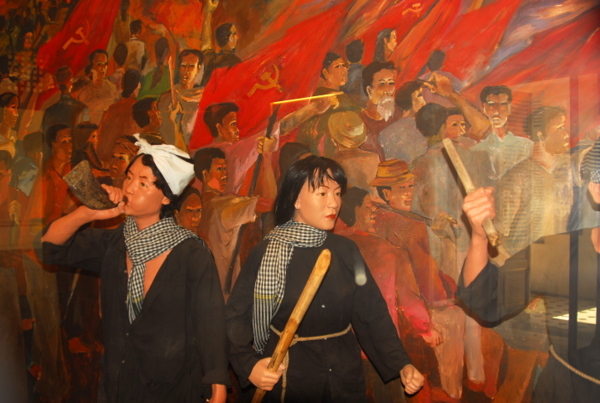
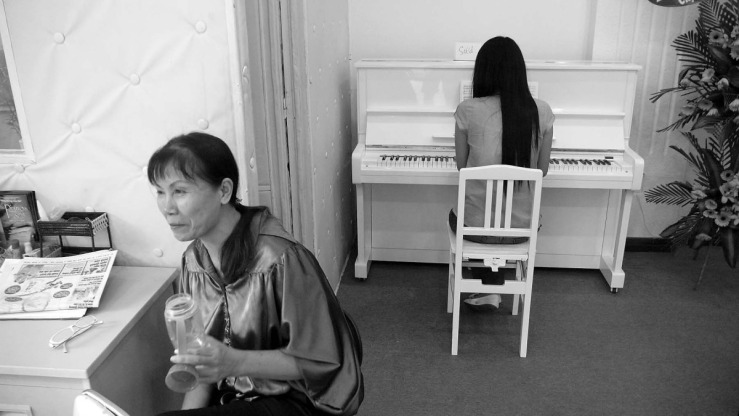
![Weaving A Life (Volume 1) by [Timothy Leonard]](https://m.media-amazon.com/images/I/517CcU3NQ1L.jpg)


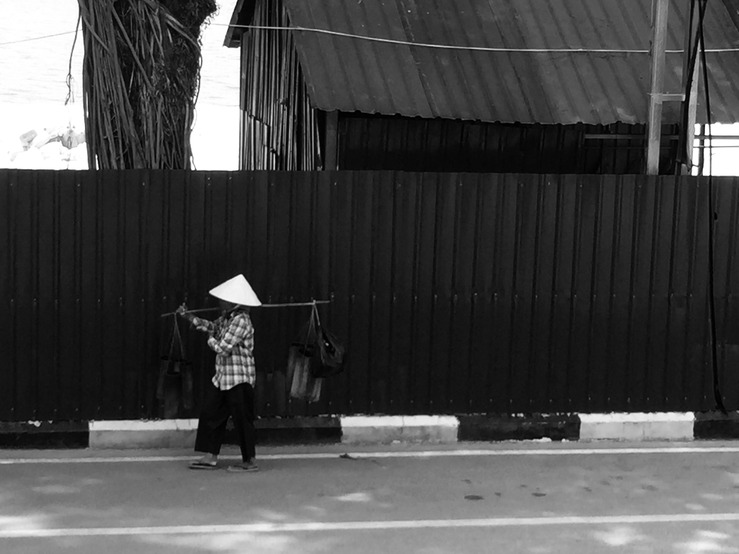

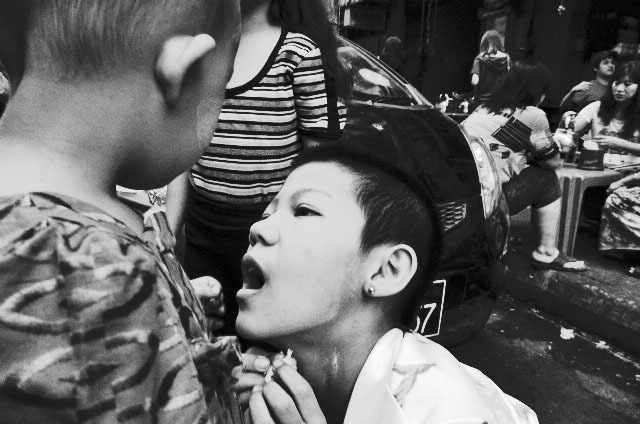
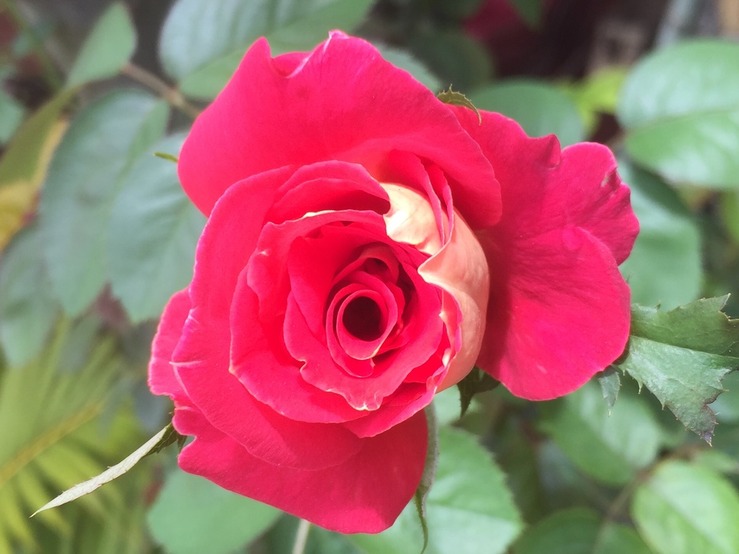
![A Century is Nothing by [Timothy Leonard]](https://m.media-amazon.com/images/I/512xA5ZTGsL.jpg)